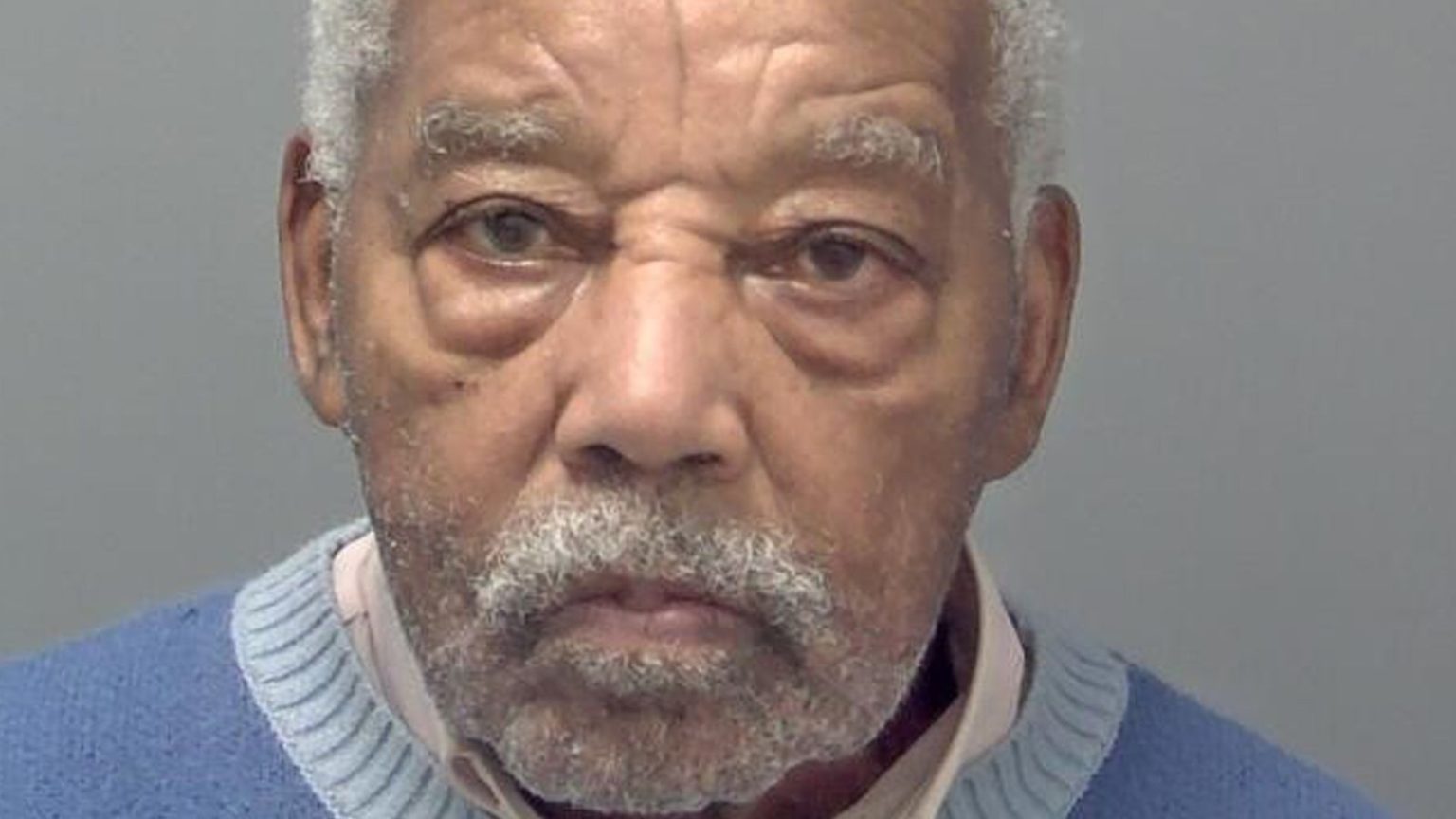A 92-year-old man has been found guilty of raping and murdering a 75-year-old woman in 1967, in what is believed to be the UK’s oldest cold case ever brought to trial.
Ryland Headley was convicted at Bristol Crown Court for the rape and killing of Louisa Dunne, a mother of two, at her home in the Easton area of Bristol on 28 June 1967. Dunne, born in 1892, was found dead by concerned neighbours who noticed her absence from her regular spot on her doorstep. Inside her home, they discovered her body with visible injuries, signs of sexual assault, and evidence of a violent struggle.
At the time, investigators collected physical evidence, including semen and a palm print, but lacked the forensic tools to identify a suspect. The original investigation was extensive: more than 19,000 palm print samples were collected, over 8,000 house-to-house inquiries were made, and thousands of statements were recorded. Despite these efforts, Headley, then in his 30s, was not questioned, as he lived just beyond the area canvassed.
Decades later, in 2024, Avon and Somerset Police re-examined the case. Advances in DNA technology revealed a match from the semen recovered from Dunne’s clothing, providing evidence deemed a billion times more likely to belong to Headley than anyone else. His palm print, taken upon his arrest, also matched the one found at the scene 57 years earlier.
Detective Inspector Dave Marchant, who led the review, praised the combination of original evidence and modern forensic science, saying, “This investigation was a blend of new and old forensic techniques and we were able to utilise that original investigative material.”
Headley apprehended in November
Headley, arrested in Ipswich in November 2024, declined to give evidence at trial. Prosecutors were permitted to inform the jury of two previous rape convictions from the 1970s, both involving elderly women attacked in their homes under circumstances similar to Dunne’s case. Prosecutor Anna Vigars KC argued these offences revealed Headley’s pattern of behaviour breaking into homes at night, targeting elderly women living alone, and using violence to commit rape.
Louisa Dunne’s granddaughter, who was contacted by police nearly six decades after the crime, recalled her disbelief: “I said, ‘have they caught him?’ It came out instinctively. And she said, ‘we have a suspect.’” She described the conviction as a long-awaited relief: “I accepted that some murders just never get solved. The poor woman, it must have been terrifying.”
The Crown Prosecution Service confirmed it was unaware of any UK cold case that had taken longer to reach trial. DI Marchant said the result underlines the importance of reviewing historic cases: “You should never give up. At the time we re-instigated it in 2024, there was a chance a suspect could still be alive, and he was.”
Police are now reviewing other unsolved crimes to determine if Headley could be linked to further offences.



